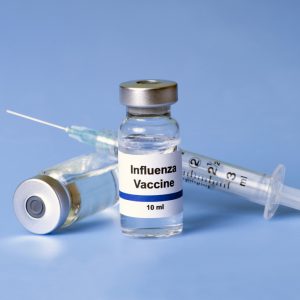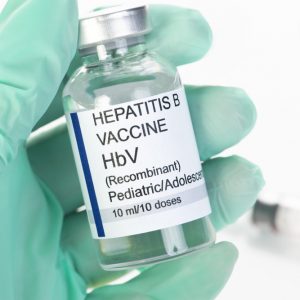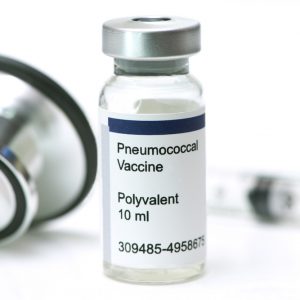Winter is around the corner and it’s time to enjoy the colorful foliage, delicious pumpkin dishes, and of course, the cold weather. The torturous summer is on the verge of getting over and everyone is gearing up to rejoice. However, just like everything has its pros and cons, winter too has certain risks associated with it and getting sick is one of them. Cooler temperatures tend to have a detrimental effect on your immune system, making you more prone to infection and illness. You can keep certain health conditions at bay during the winter season by taking these preventive vaccines. And yes, your Medicare plan covers all of these four vaccines.
Influenza Vaccine

Flu, as we all know, is contagious and this respiratory illness can be severe and deadly too. Seniors, irrespective of how hale and hearty they are, tend to get affected owing to their weaker immune system. Thus, it becomes rather tough for them to fight against this illness.
Around 86% of the seniors, aged 65 and above, and are affected by heart disease or diabetes tend to fall prey to flu. Things can take a dangerous turn as flu complicates their health condition requiring hospitalization. If you are a senior citizen, you need to get the influenza vaccine every year. Get it as early as possible to prevent flu from getting passed on to you by a friend, a caregiver, and a loved one as well. It’s imperative to receive the shot before the holidays arrive. Talk to a physician or a local clinic as soon as possible. It probably comes under Medicare Part B and is, therefore, free of cost.
Shingles Vaccine

The virus, responsible for chickenpox, is the reason why you get this utterly painful skin rash. Though shingles are not contagious as chickenpox, the long-lasting pain isn’t something you would want to endure. With old age, the immune system weakens and this might allow chickenpox to make a comeback.
The older you get, the more severe are the side effects such as loss of appetite, exhaustion, and fever. All of these can cause malnutrition and additional infections. Even if you haven’t suffered from chickenpox in your childhood, it’s always better to get the vaccination done. There are, in fact, two vaccinations that are available for seniors who are doing fine health-wise. According to the CDC, healthy seniors who are aged 50 or more should get the vaccine’s two-dose version. The shots are usually provided a few months apart. For people aged 60 and above, a vaccine with a single dose is most likely to be used. Shingle Vaccine comes under Medicare Advantage plans.
Hepatitis B Vaccine

Hepatitis B is a virus that’s highly contagious and affects the liver. Acute Hepatitis B can last for a few weeks with symptoms like nausea and fever. Chronic Hepatitis B is usually long-term. Surprisingly, there are no symptoms and can even lead an individual to liver damage and even death.
The function of the liver changes as you grow older. In case you are suffering from diabetes, renal disease, or hemophilia, the risk of contracting the Hepatitis virus becomes higher. As far as the seniors are concerned, Acute Hepatitis B spells danger since this has no specific cure. The vaccine comprises a series of three to four shots that are taken over six months. A majority of Americans get vaccinated at the time they are born. Consult a physician if you are not sure about the status of your vaccination. Medicare Part B takes care of the cost associated with getting a Hepatitis B vaccine.
Pneumococcal Vaccine

The pneumococcal disease tends to infect the vital organs in our body. It leads to various conditions such as meningitis, bacteremia, as well as pneumonia.
The disease can cause brain damage, deafness, loss of limbs, and death too. According to reports, around 18,000 Americans who are aged 65 and above are killed every year owing to pneumococcal disease. The pneumococcal vaccine is divided into two parts that are separated by a year. Have a detailed discussion with your physician regarding this if you have already taken the shots. Medicare Part B covers the cost.
These are the four essential vaccines that senior citizens require the most. All of them are covered by Medicare and thus, you need not worry about the costs. Simply get your vaccinations as soon as possible.





